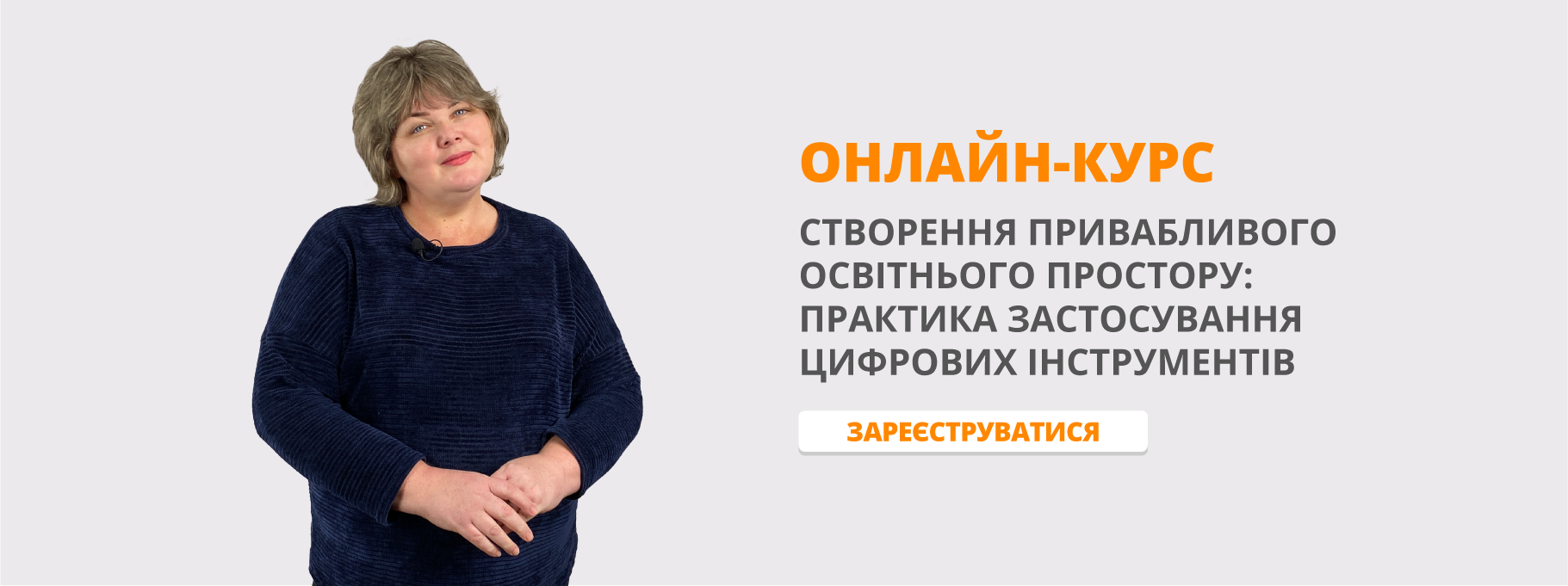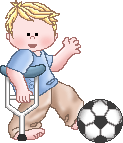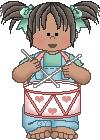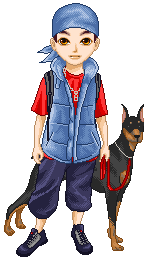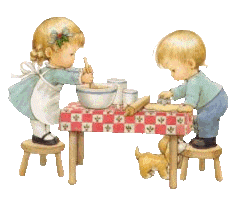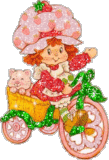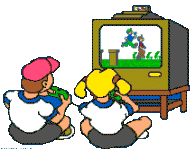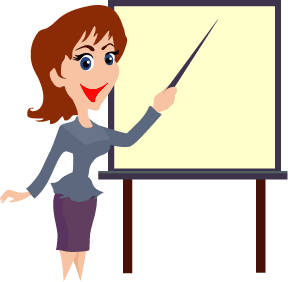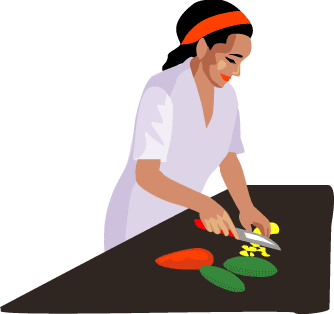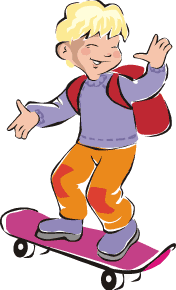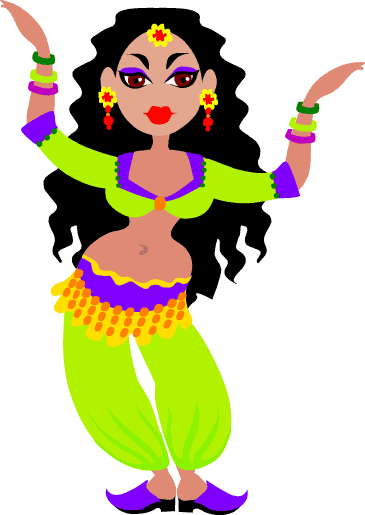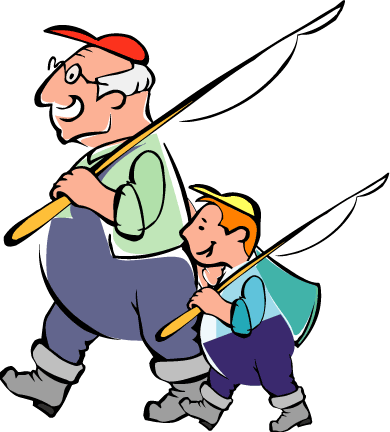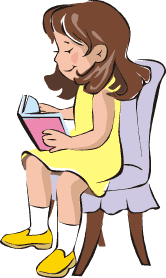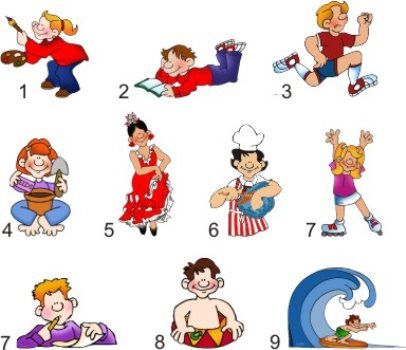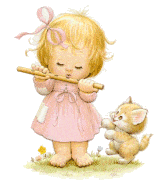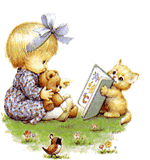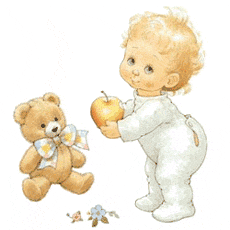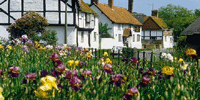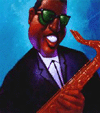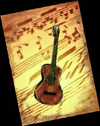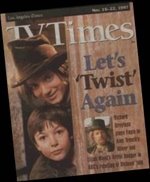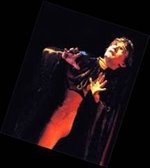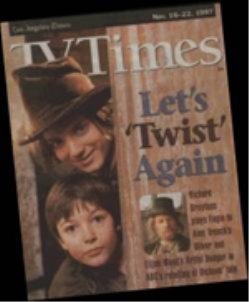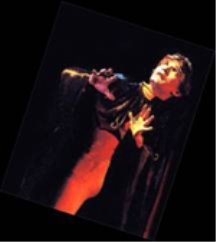Урок на тему "Hobby" Past Simple
The Subject: Our hobbies
The Objective to speak about hobbies and pastime, - to learn new words and phrases, - to use new words in practice, - to improve their spelling, - to teach students to express their opinion,- to develop logical and creative thinking, memory, - to develop pupils speaking, reading, listening, writing habits and skills.
Visual aids– posters ,projects ,cards , pictures.
Procedure
- Greeting
Introduction
1.Greeting
T.: Good morning, boys and girls!
Ss.: Good morning, teacher!
T.: Nice to see you.
Ss.: Nice to see you too.
T.: Take your seats. Well, Ilona you look great today. How are you?
S1:Very well, thank you.
T.: How are you getting on ,Vitalik?
S2: Pretty well, thanks.
T.: How are you keeping on, Alina?
S3: :Quite well.
T.: How is life, Julia?
S4 . Life goes its usual way.
T.: How do you feel,?
S4:I feel like million dollars.
T: What about you, Nastia ? Why are you so sad?
S5: I have lost my new stamp
T:It’s a pity . Are you collecting stamps ?
S6:Yes , its my hobby.
T:-And what about you Maxym?
S7: - I’m great .I was running in the morning so I’m full of power.
T:-Very good. Is it your hobby?
S8-Yes, it is .
2. Phonetic drills
T – Look at the screen and try to read the poem .
I like to read
I like to play
I like to study every day
I like to run
I like to play
It is fun.
I like to skip
I like to jump
I like to run about
I like to play
I like to sing
I like to laugh and shout
T - Do you like this poem?
- What is it about?
II. Checking up the homework
T- At the previous lesson we spoke about hobbies. So your homework was to prepare presentations about your hobbies Now it is time to check it up. ( 2 PRESENTATIONS)
III. The main part of the lesson
I have a lot of hobbies because there are so many
interesting things to do.
Leisure is the time for doing something useful. This leisure the diligent person will obtain the lazy one never.
T – Well pupils the topic of our lesson is "Our hobbies". We will talk about people’s tastes and activities in their free time. We will also discuss about different kinds of people pleasure. By the end of the lesson you should be able to give advice and recommendation about the best way to have fun.
- While-reading activity
Many boys and girls also have different hobbies. Now, we’ll read about their hobbies
T – Look at the screen , read after me and match the words on the card with their translation.
Biking ліпити сніговика
Collecting кататися на велосипеді
Skiing колекціонувати
Making snowman подорожувати
Travelling кататися на лижах
post- reading
- What do children like to do?
- What is Artem found of?
- What things Linda Togan like to do in winter?
- What hobby has Tim Keller?
T – So, if we got free time , we can enjoying doing our hobbies. And now lets play a game (presentation about Different types of hobbies) So your task is to guess what hobby is this .
What hobby is it?
- They can play football or hockey, swim or run very well. People like to go to the stadium or to the sport ground( sport)
- Some people like to dance. Sometimes they go to the special clubs or dance at home.(dancing)
- I know some people who like to watch different kinds of programmer or films on TV.(watching TV)
- Such people like to visit different cities, towns and historical places. Some people even visit other countries. They can travel by car, by plane, by train.(travelling)
- People like to sing songs. Sometimes they go to the musical school. They like listen the songs and sing them.(listening to music)
2.Physical exercise
Are you tired . Lets have a rest . Stand up please.
3.Writing
(group work) 3 groups
As you know we can divide hobbies on groups
Your task is to mach the hobby with the group
First of all ,lets divided into three groups:
The fist group you’ll choose learning things ,second –making things, third- collecting things . I’ll give you a sheet of paper with groups. So, you have to sort them out accordingly each group.
|
Learning things |
making things |
collecting things |
|
|
|
|
|
|
|
|
|
|
|
|
|
|
|
|
|
|
|
|
|
|
|
|
Gardening, stamps, reading, travelling, drawing, biking, going to the theatre, museums, art galleries, cinema, playing musical instruments, postcards , playing chess, playing computer games, painting, books, toys, badges.
Unscramble the words. 2 groups
- We know that people all over the word have a lot of hobbies. We have the same hobbies. Look at the paper , please, and say what hobbies are these?
d e n i n g g a r (gardening)
p a i n g i n t (painting)
i n g v e l l t r a ( travelling)
t i n g l e c c o l ( collecting)
c s i m u ( music)
p u t m o c e r ( computer)
t s o r p ( sport)
m i w m I n g s ( swimming)
c i n g d a n ( dancing)
s h f i n i n g (fishing)
Listening T.: And now let’s watch the video and after that you should say which hobby you’ll see. You’ll get the cards and your task is to complete them.
- Speaking
T – Mach the sentences to make up short dialogues and act out them.
- What do you do for fun? -Yes ,they do..
-Are you good at dancing? -I am going to sports club.
-Do they play basketball winter? - I’m listening to music.
-What sport do you do? -I’m playing football.
- How often do you play computer games? -Five times a week..
- Good, now work in pairs. Imagine that one of you meet your friend and you want ask about their free time. You have 2 minutes for preparing.
Making an interview
T: Dear Students on our lesson today we have unusual guest –famous international reporter 555555555.Now we're going to have an interview . Imagine I know that one of his hobbies is reading. Interview your new classmate.
R1: Which of afterschool activities do you like?
P. Best of all I like to play computer games, and watch TV.
R2:What is your hobby?
P: My hobby is reading books.
R3: Are you fond of reading fairy-tales?
P:Yes ,I am .But best of all I like to read books about animals and adventures.
R4: Are you fond of collecting things?
P: Yes I am. But I’m really interesting in collecting computer games
R4. It is interesting to know your attitude to travelling ?
P: I’m really enjoying travelling . But at the moment I can travel only in Ukraine.
R5: Are you fond of dancing?
P4: Not really. But I like to play the piano .
R6: Are you good at playing the piano?
P6: Yes, I often playing at school concerts.
R7: What are you interested in?
P.7 I’m interesting in basketball and boxing.
R8: What hobby do you prefer?
P.8:Im kin in playing football.
R9:Do you think can your hobby help you in future ?
P9: My hobby is travelling . And I want to be a travel agent. Hopefully it can help.
R10:My hobby is listening to music . Do like listen to music?
P10. Not really, my hobby is gardening.
R11.Dear students thank you for your interview. It was interesting to hear about your after school activities.
1. Art is long, life is short.
2. Every man has his hobby-horse.
3. Tastes differ.
4. The busiest man finds the most leisure.
5. Never put off till tomorrow what you can do today.
6. There is a time for everything.
7. The one who is first to act achieves success.
![]()
![]()
![]()
![]()
![]()
![]()
![]()
1.John is a reporter of a school newspaper. Here is his article about pupils
of his school. Read the article and answer the questions.
|
Many pupils of our school have interesting hobbies. Lara is 11 years old. She likes writing poems and painting pictures. Tom is 15 years old and he has very interesting hobbies. He likes dancing, designing Internet sites and playing piano. Robert is almost 13 years old. His hobbies are playing football and reading detective stories. Our pupils do many interesting things and they are very busy. They also love different subjects. Tom is the best pupil at math. Lara is good at art and literature and Robert is one of the best pupils at PE. Their hobbies help them study well too.
|
Tick T(true) or F(false).
Lara’s hobby is math.![]()
Playing football is Robert’s hobby.![]()
Lara is good at art.![]()
Robert is 15 years old.![]()
Tom is good at literature.![]()
John is a reporter.![]()
Choose the correct word.
Tom, Robert and Lara are
Lara likes
Tom’s hobby is
Robert is years old.
Lara is good at
Tick the correct answer.
1. How old is Robert? 13![]() 16
16![]()
2.Who has the most hobbies? Lara![]() Tom
Tom![]()
3.Is Tom older than Robert? Yes![]() No
No![]()
4.Who likes to play football? Robert![]() Tom
Tom![]()
5. Is playing piano Lara's hobby? Yes![]() No
No![]()
6. Who writes the article about hobbies? John![]() Tom
Tom![]()
Complete the sentences, using the words from the text.
1. Lara is years old.
2.Tom likes designing
3. Robert is the best pupil at
4. The hobbies help them
5. Reading stories is Robert's hobby.
2.Look at the pictures and choose what kids like to do.
|
|
|
|
|
|
Tom likes |
My brother likes |
The girl likes |
My friend's hobby is |
|
|
|
|
|
|
His hobby is |
The kids like |
She likes |
We like |
3. Look at the pictures and tick what hobby the people have.
|
Her hobby is
|
|
|
Her hobby is |
|
|
His hobby is |
|
Her hobby is
|
|
|
Their hobby is |
|
|
Her hobby is |
|
|
SPORTS AND HOBBIES1. Choose.
2. Crossword.
|
|||||||||||||||||||||||||||||||||||||||||||||||||||||||||||||||||||||||||||||||||||||||||||||||||||||||||||||||||||||||||||||||||||||||||||||||||||||||||||||||||||||||||||||||||||||||||||||||||||||||||||||||||||||||||||||||||||
|
|
I've got a collection of fairy-tails, three parts of “Harry Potter” and many books in history.
P6: What books do you like to read about?
I: I like reading books about history, animals and adventures.
T: Thank you very much for the interview.
III. Summing – up.
T: Did you like the lesson? Was it interesting to speak about your hobbies? I hope
you've learned a lot of new things about each other.
T- Well, pupils you work well today. I hope now you can give advice for people who do not know what to do in free time. I like your work and your marks are …
Your homework for the next lesson is to write a letter to your pen friend about your hobby. You may be free, good-bye.
1. What is your hobby?
2. What are you interested in?
3. What hobby do you prefer?
4. You are a collector, aren’t you?
5. What collection(s) do you have?
6. Are you proud of your collection(s)?
7. What do you learn when you begin to collect?
8. Is it fun to have a hobby?
- Which of afterschool activities do you like?
- I like being alone and relax.
- When relax, what do you prefer doing?
- I prefer watching TV.
- What do you like watching on TV?
- I like watching concerts.
- Watching concerts?
- Yes, I am keen on pop music. It’s a change from boring school life.
- I see. Who is your favourite singer?
- Dima Bilan.
Vladislav and Igor’s dialogue:
- What do you do after school?
- I go in for sport.
- Which is your favourite sport?
- I am crazy about cycling.
- Do you get pleasure from riding a bike?
- Yes, it’s relaxing.
- And I’m keen on football. I get a lot out of it.
- I see.)
2. Answer the questions according to the film.
1. Do you do any of these hobbies?
2. Which one (s) is / are the most interesting to you?
3. What kinds of hobbies do your friends have?
4. How much time every week do you spend on your hobby (-ies)?
5. What are the benefits of doing something you enjoy every day?
6. Which new hobby would you like to learn? Why?
Ученики в беседе обсуждаются фильм отвечая на вышеуказанные вопросы.
|
Яндекс.ДиректВсе объявления
MY HOBBY - МОЄ ХОБІ
|
wer the questions(Slide 3):
1. What sports are more popular among English boys?
2. What sports are more popular among English girls?
3. What is netball?
4. Do you go in for sports?
5. What do you go in for?
6. Can you skate (ski)?
7. When and where do you skate (ski)?
8. Do you go in for figure skating?
9. Do you like to watch a football game?
10. How many players are there in a football team?
11. Are you a football fan?
12. Do you go in for swimming?
13. Are you a good swimmer?
14. Where do you swim?
15. Is there a swimming-pool in your school?
16. Have you a bicycle (a bike)?
17. Do you often go cycling?
18. Are you fond of roller-skating?
19. Do you have roller-skates?
20. Are you fond of playing ping-pong?
|
: Today we continue speaking about different activities that people enjoy in their leisure time. I’d like you to tell our guests and your classmates about your hobbies and what you prefer doing in your free time. Also we’ll find out what activities British people enjoy in their spare time. Today we’ll learn the phrases of suggesting a person going somewhere, the phrases of accepting the suggestion and refusing. |
|
1. O.М 1. 1) Постановка темы и задач урока. У: Сегодня на уроке мы продолжаем беседовать о различных видах занятий, которыми люди увлекаются в свободное время. Я бы хотела, чтобы вы рассказали нашим гостям и своим одноклассникам о своём хобби и о том, чем вы предпочитаете заниматься в своё свободное время. Также мы узнаем, что любят делать британцы, когда они свободны. Сегодня мы научимся приглашать, принимать приглашение и вежливо отказываться. |
|
2. Warming up
Hobby or Passive Enjoyment 1) T→ P1, P2. T: What is a hobby? P1: A hobby is an activity that you enjoy in your spare time on a regular basis, investing not only time but also effort. T: What is passive enjoyment? P2: A passive enjoyment is an easy and pleasant way to pass free time without investing a lot of effort. T: What is the difference? 2) T>P3, P4; P5→ P6, P7→P8 (ex.1, 2, 3 p. 174-176) T: What do you like doing in your spare time? P3: (for example) I like/prefer/get pleasure from reading books. T: Reading books? P3: Yes, I’m fond of/keen on/ mad about reading detectives. I think it’s useful and enjoyable. |
|
Хобби или Пассивное развлечение 1) У→ Уч1, Уч2 У: Что такое хобби? Уч1: Хобби – это деятельность, которой вам нравится заниматься в свободное время, которой вы занимаетесь регулярно, вкладывая не только своё время, но и усилия. У: Что такое пассивное развлечение? Уч2: Пассивное развлечение – это легкий и приятный способ провести свободное время, не прикладывая никаких усилий. У: В чем же разница? 2) У→Уч3, Уч4; Уч5→Уч6, Уч→Уч8 (упр.1, 2, 3 стр. 174-176) У: Что вам нравится делать в свое свободное время? Уч3: (например) Мне нравится\ предпочитаю\ получаю удовольствие от чтения книг. У: От чтения книг? Уч3: Да, мне нравится\ я увлекаюсь\ я помешан на чтении детективов. Я думаю, что это полезно и увлекательно. |
|
3. What do the British like doing in their spare time? 1) T: Some of you get pleasure from reading books; others prefer playing sports оr music. Do you know what the British like doing in their spare time? Now I’d like to suggest you working with the electronic presentation. So, what should you do? Take your places at the computers. You have two folders on the desktop of your computers. The first folder contains pictures and texts about different kinds of British people’s hobby. The second one has electronic presentation but without any pictures or texts. Your task is to make the presentation about British people’s hobby using texts and all the pictures from the folder #1, you should also write titles to each page of the presentation. You have 10 minutes. |
|
1) У: Некоторые из вас получают удовольствие от чтения книг, другие предпочитают заниматься спортом или музыкой. Знаете ли вы, чем любят заниматься британцы в свободное время? Предлагаю поработать с электронной презентацией. Что вам следует сделать? Займите места за компьютерами. На рабочем столе вашего компьютера находятся две папки. Одна папка содержит картинки и тексты (Приложение 3) о различных видах хобби британцев. Другая – электронную презентацию-шаблон (Приложение 1) (без картинок и текстов. Ваше задание – создать презентацию о хобби британцев, используя тексты и все картинки из папки №1, вам также нужно озаглавить каждую страницу презентации. У вас есть 10 минут. |
|
Let’s check what you have done. You should have got 6 pages.
1st- PHOTOGRAPHY, 2nd – GARDENING, 3rd – TELEVISION, 4th – SPORTS, 5th - MUSIC, 6th - CINEMA AND THEATRES 1st page should contain picture # 1, 8, 19;
picture 1
picture 8
picture 19 2nd – picture # 2, 9, 16, 18,
picture 2
picture 9
picture 16
picture 18 3rd- picture # 3, 10, 13;
picture 3
picture 10
picture 13 4th – picture # 4, 11, 17;
picture 4
picture 11
picture 17 5th – picture # 5, 6, 12;
picture 5
picture 6
picture 12 6th – picture # 7, 14, 15, 20.
picture 7
picture 14
picture 15
picture 20
P. . . . . R . . . . (PHOTOGRAPHY) . . R . . . . . G (GARDENING) . . . . V. .I . . (TELEVISION) S . . . . S (SPORTS) M . . . C (MUSIC) C . . . . A A . D T . E . . . . . (CINEMA AND THEATRES)
2) Gr1, Gr2, Gr3, Gr4, Gr5, Gr6, Gr7. Work in groups with the electronic presentation “What do the British like doing in their spare time?” |
|
– Проверка работы над презентацией (Приложение 2). У вас должно было получиться 6 страниц. 1-фотография, 2- садоводство, 3 – телевидение, 4 –спорт, 5 – музыка, 6 – кино и театр. 1ая страница должна содержать рисунок№1, 8, 19;
рис 1
рис 8
рис 19 2ая – рисунок № 2, 9, 16, 18;
рис 2
рис 9
рис 16
рис 18 3ая – рисунок № 3, 10, 13;
рис 3
рис 10
рис 13 4ая – рисунок № 4, 11, 17;
рис 4
рис 11
рис 17 5ая – рисунок № 5, 6, 12;
рис 5
рис 6
рис 12 6ая – рисунок № 7, 14, 15, 20.
рис 7
рис 14
рис 15
рис 20
(фотография) (садоводство) (телевидение) (спорт) (музыка) (кино и театр)
2) Группа1, Гр2, Гр3, Гр4, Гр5, Гр6, Гр7, Работа в группах над электронной презентацией «Что любят делать британцы в своё свободное время?» |
|
3) T→P1, P2; Gr1, Gr2, Gr3 … T: What do the British prefer doing in their free time? Which of these activities are hobbies? 3) У→Уч1, Уч2; Гр1, Гр2, Гр3 … |
|
У: Чем любят заниматься британцы в свободное время? (краткое изложение прочитанной информации) Какие из данных занятий являются хобби? |
|
4. MONOLOGUE and the presentation of the pupils’ PROJECTS «My hobby» P1; P2; P3; P4 T: What do you like doing in your spare time? Show and tell us. (Pupils presented their collections of stamps, postcards, CDs, tapes, calendars; they showed their sports rewards; they prepared posters that contained photos and pictures and pieces of information about the activities in their leisure time.) |
|
4. Монологическое высказывание и презентация проектных работ учащихся «Моё хобби». Уч1; Уч2; Уч3; Уч4 У: Чем вы увлекаетесь в своё свободное время? Покажите и расскажите нам. (Учащиеся представляли свои коллекции марок, открыток, дисков, аудиокассет, календарей; они показали свои спортивные награды; они приготовили газеты, которые содержали фотографии, рисунки и информацию об их увлечениях в свободное время.) |
|
5. New vocabulary, New phrases. T: You have already told us about your hobby. Let’s talk about passive enjoyment. LISTENING. Pre – listening activity. T: The children are talking about their plans for the evening. What do children usually do in the evening? How are Linda and Susan going to spend their free time in the evening? (listening/reading for specific information). Listening activity (ex. 1 1) p. 186) Linda: What are you going to do this evening? Susan: Oh, I haven’t decided yet. L: Let’s go out. S: OK. Where shall we go? L: What about seeing a good film at the Odeon? S: I’d like to but the Odeon is very expensive. L: Would you like to go to the disco? S: Yes! I would! I’m never tired of dancing. |
|
5. Введение новых лексических единиц, новых фраз. У: Вы уже рассказали нам о своих хобби. Давайте поговорим о пассивном развлечении. АУДИРОВАНИЕ. Задание перед прослушиванием. У: Дети обсуждают свои планы на вечер. Что обычно делают дети вечером? Как Линда и Сьюзен собираются провести свободное время вечером? (аудирование/чтение с извлечением информации) Прослушивание диалога (упр.1 1) стр. 186) Линда: Что ты собираешься делать вечером? Сьюзен: О, я ещё не решила. Л: Давай сходим, погуляем. С: Хорошо. Куда мы пойдём? Л: Как насчет того, чтобы посмотреть хороший фильм в кинотеатре Одеон? С: Я бы хотела, но Одеон очень дорогой кинотеатр. Л: Ты бы хотела сходить на дискотеку? С: Да! Я никогда не устаю от танцев. |
|
After – listening activity. (P1→P2) Reading, translation of the conversation into Russian (T→P1, P2.) How does Linda suggest spending the evening? How does Susan accept or refuse her suggestion? (У→Уч1, Уч2) Как Линда предлагает провести вечер? Как Сьюзен соглашается (ex. 2) p. 186)
Look at them, read them and distribute into three groups on the blackboard. |
|
Задание после прослушивания. (Уч1→Уч2) Чтение и перевод диалога на русский язык. на предложение, как отказывается? (упр. 2) стр. 186) У: Можно использовать и другие фразы предложения, соглашения и отказа. Посмотрите на них, прочитайте и распределите по трём группам на доске. |
|
Suggesting |
Refusing |
Accepting |
|
How about Let’s What about Ving Why don’t we Why not Would you like to I’d like to. With pleasure. That’s a good idea. Yes, I would. I’m sorry. I can’t. I wish I could but … I’d like to but … |
||
(P1→P2; P3→P4; P5→P6 …) (ex. 2 p. 186) T: Tom is telephoning Linda. Below are Linda’s replies. What is Tom suggesting? - I’d like to but I’m not good at swimming. - Sorry, I haven’t got any roller blades. - No, I’m bad at bowling. - No, I wouldn’t. I hate playing tennis. - Oh, Tom, sorry. I’ve seen this film. - With pleasure. I haven’t heard it yet |
|
Какие фразы предложения, использовать в диалоге. Замените соглашения и отказа девочки могли выделенные фразы на близкие по значению. ( Уч1→Уч2; Уч3→Уч4; Уч5→Уч6 …) (упр.2 стр.186) У: Том разговаривает с Линдой по телефону. Ниже даны ответы Линды. Что предлагает Том - Я бы хотела, но я плохо плаваю. – Извини, у меня нет роликов. - Нет, я плохо играю в боулинг. – Нет, я ненавижу играть в теннис. - О, Том, извини. Я уже видела этот фильм. – С удовольствием. Я ещё это (его, её) не слышала. |
|
6. Results of the lesson. T→P1, P2, P3. T: Did you like the lesson? Why? What was new for you? Was it interesting for you to work on the computer?\ |
|
6. Результаты урока. У→Уч1, Уч2, Уч3. У: Вам понравился урок? Почему? Что нового вы узнали? Было ли интересно для вас работать на компьютере? |
|
7. Evaluation of the pupils’ work. |
|
7. Выставление отметок учащимся за работу на уроке. |
|
8. Homework. ex. 3 p. 187 R. ex. 4 p. 87-88 |
|
|

про публікацію авторської розробки
Додати розробку
